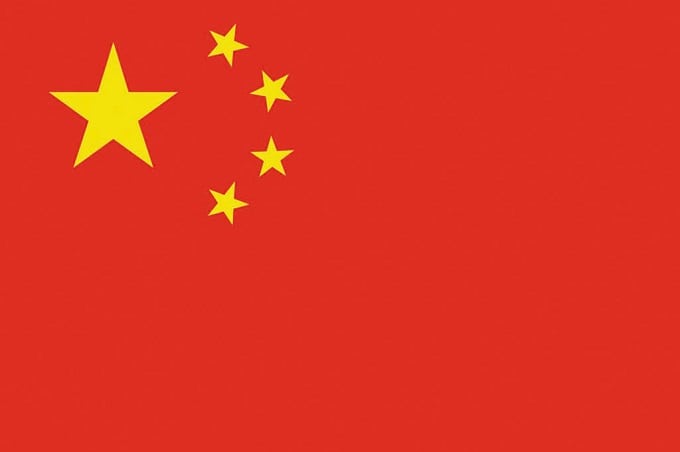In a recent Portfolio Adviser guide on investing in China, Square Mile’s investment research analyst Lynn Hunter, warned that while 2017 proved a strong year for the Chinese stock market, a number of potential headwinds could surface this year.
“These include including the impact of faster than expected hikes in US rates, the rise of protectionism following Trump’s withdrawal from the trans-Pacific partnership, higher credit expansion and increasing levels of debt,” Hunter says.
She adds: “Investors will also question whether the recent corporate profit rally can continue. Despite valuations now being closer to fair value, earnings trends look positive and if companies continue to beat expectations, this will support further share price expansion.”
Debt problem
Adrian Lowcock, investment director at Architas, adds that Chinese debt is another factor to be considered.
“Chinese debt is huge but is no longer growing as quickly,” he says. “It is a command economy and there has been a significant misallocation of resources, resulting in industries with oversupply and little, if any, profits.”
“However, there are many state-owned enterprises that are heavily indebted and inefficient, often referred to as zombie companies. These should be allowed to fail to reduce capacity and let surviving companies run more efficiently and profitably.”
Despite these concerns, both Hunter and Lowcock remain overall positive on the prospects for China, with both predicting it will lead emerging market growth in 2018.
“Factors which helped lead earnings improvements in 2017, such as increased construction activity, will remain in place and are conducive for healthy, ongoing corporate earnings growth,” says Hunter. Political stability remains a good backdrop for continued economic reform, in both the supply side and within state-owned enterprises.
“With inflation only increasing slightly, and real disposable income up by 8%, consumers will have a choice of saving – historically into property – or spending. There have been growing restrictions on mortgages as the government aims to avoid the bursting of any property bubble, so private investment uptake is growing. This has not been to the detriment of consumption, which is likely to continue its growth trajectory into 2018, benefiting current hot-topic areas of the market such as health and exercise.”
Diversification benefits
At the end of 2017 Hunter noted that Chinese stocks represented about 30% of the MSCI Emerging Markets index. With the inclusion of A-shares, she said this is only going to increase over coming years.
“Although many emerging market strategies might struggle to go overweight, owing to mandated country limits, the region does bring diversification benefits,” she says. “The broadness of the market and share type (across A-shares, B-shares, H-shares, red chips, etc) means a different form of diversification is possible. As the Chinese market has matured, this has created opportunities in various sectors.
“Depending on the outcome an investor is seeking, strategies focusing on dividend paying companies or high-growth smaller companies may better meet their needs. It is worth noting that, with a focus on more targeted areas of the market, the overall level of investment risk or volatility may increase. This is something investors must consider with regard to their portfolio as a whole.”
Halo effect
For Lowcock, China is primed to lead emerging markets again in 2018, as he argued the underlying economic data is supportive of strong single-digit growth and valuations remain attractive.
“Growth is expected to continue, but may fall from around 6.8%, as seen in 2017, to 6.4% over the next year,” he says. “This is generally owing to improved regulation and oversight of the financial system, with more focus on quality growth.
“China is continuing to progress from a global exporter to domestic consumer, and there has been a shift from ‘made in China’ to ‘innovated in China’ as the country has emerged as a global leader in technology.
“Instead of western companies benefiting outright, we have seen Chinese equivalents of Facebook, Amazon, Ebay and the like dominate their home market, so investors now need to access these businesses.”
Owing to the fact Lowcock believes those emerging markets closest to China will benefit from a halo effect, his preference is for Asian emerging markets.
“It is a mistake to think the urbanisation of China is complete and that the region is a developed economy. It is not. Beyond the cities, it is still very agricultural and rural. Only around 7% of people have a mortgage, for example, which also means the housing market is not necessarily in a bubble, as many investors believe.”







